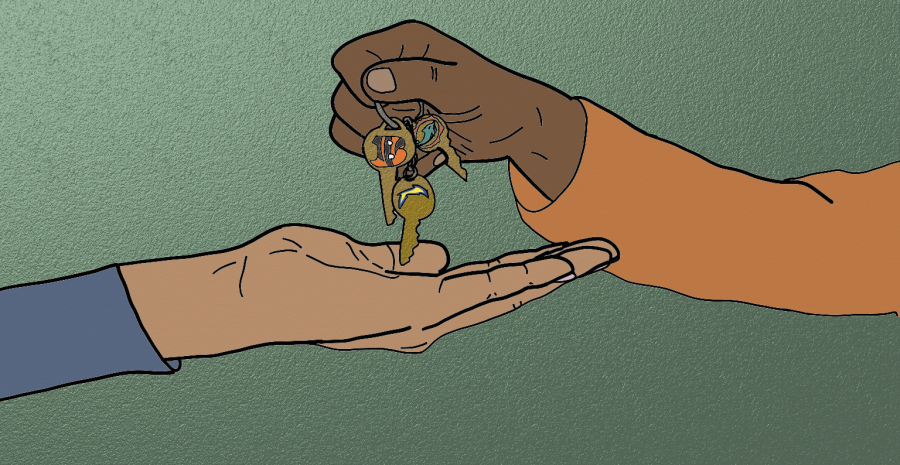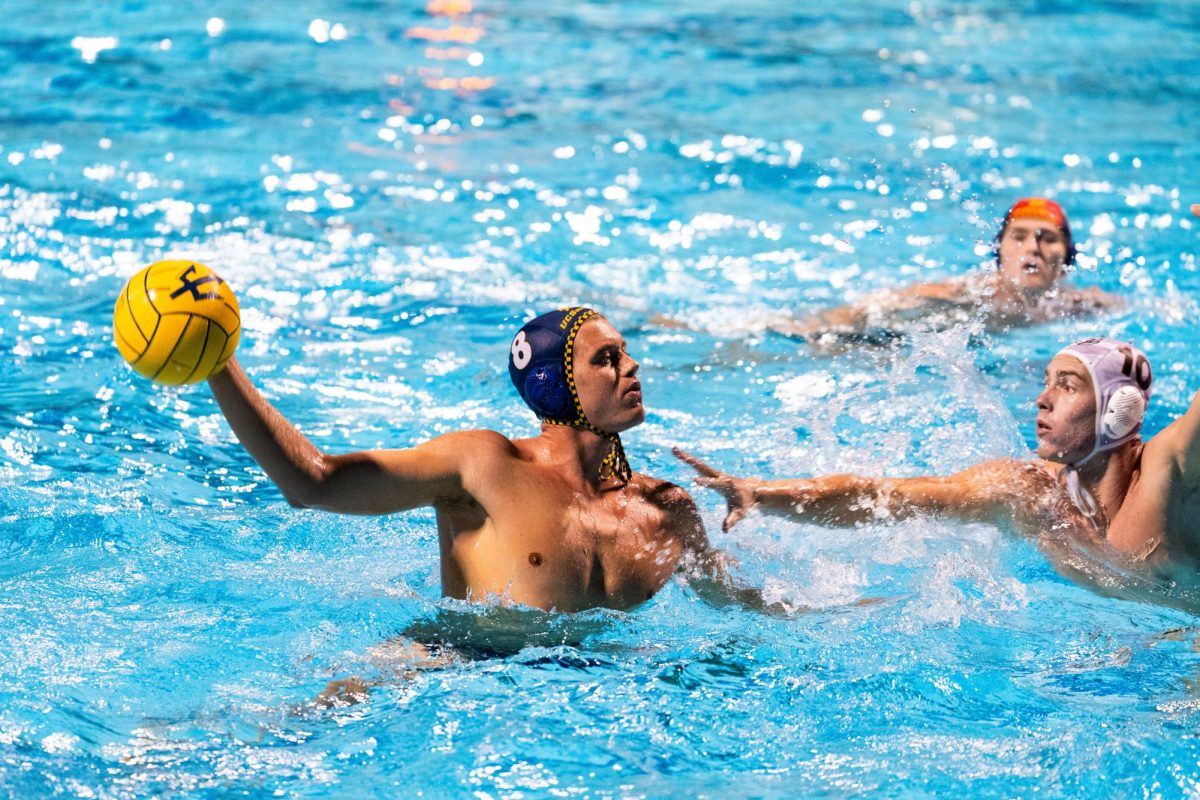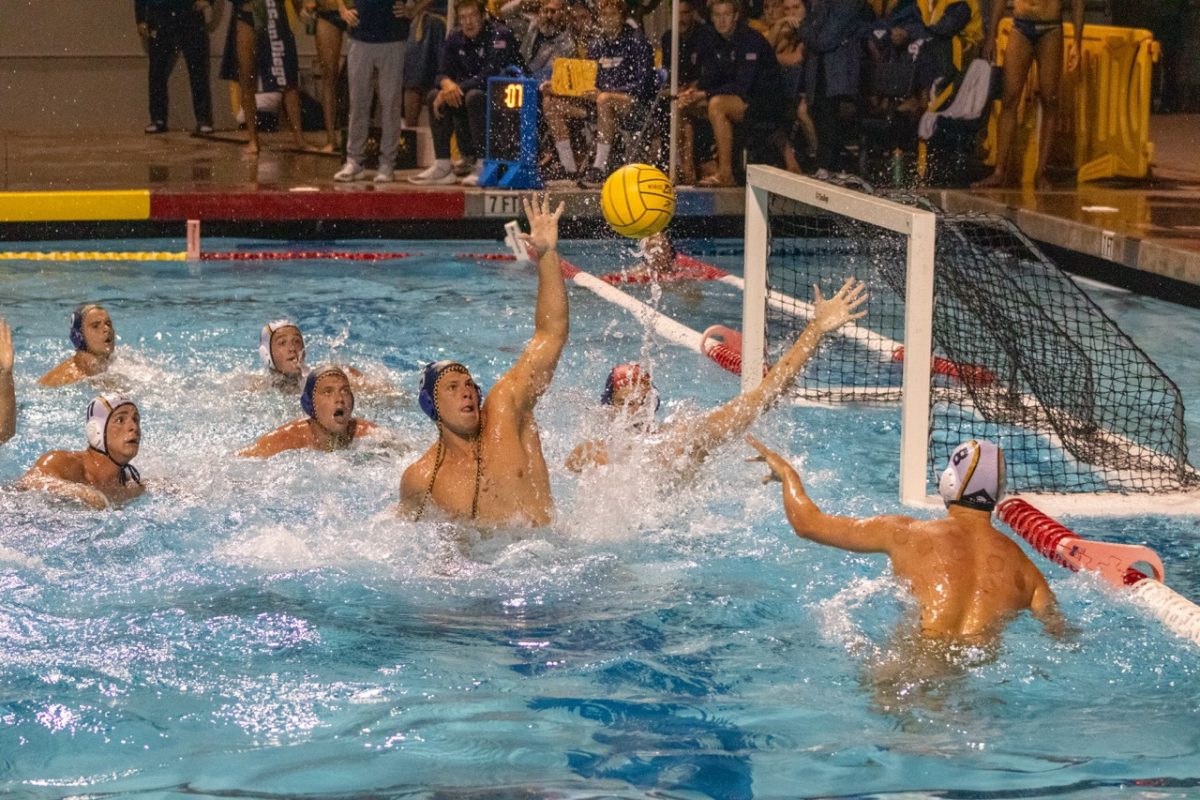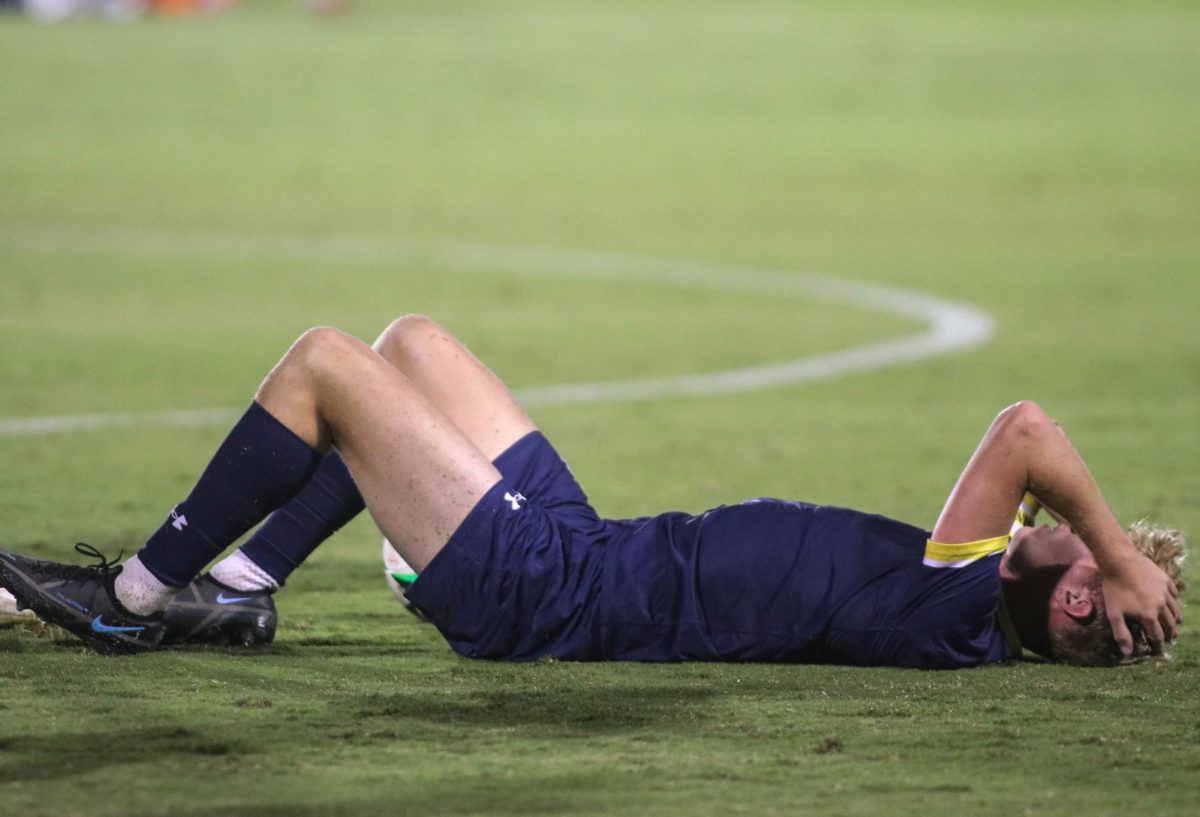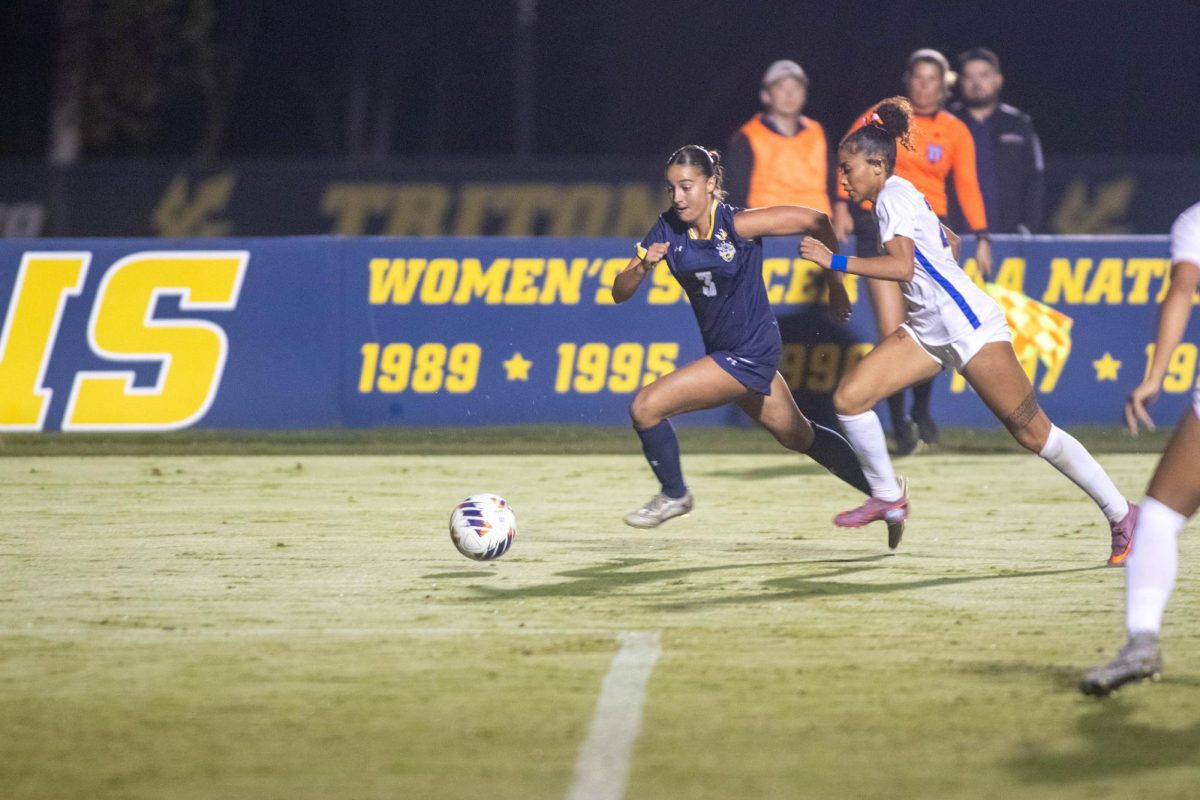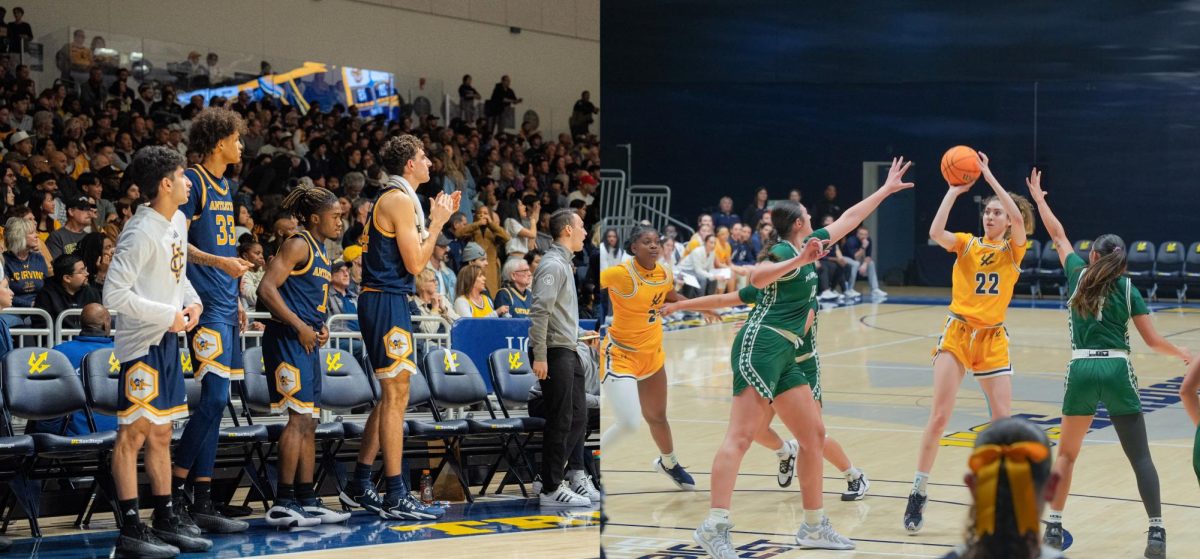Back in April, four quarterbacks were selected in the first round of the 2020 NFL Draft. Through six weeks of the season, it has become evident that each coaching staff has utilized their own unique philosophies and gameplans to instill confidence in their signal callers. However, while these coaches have, in theory, adopted schemes and play calling ideologies to assist their young quarterbacks, by overcommitting to assisting their development they have in turn hurt their teams’ offenses and ability to win games.
Joe Burrow, Tua Tagovailoa, Justin Herbert, and Jordan Love were all drafted in the first round back in April, and all but Love will get or have gotten the majority of starts for their team. What makes this group of quarterbacks very interesting is that all four had differing college careers and were drafted for different talents. Burrow may have been a one-hit wonder at Louisiana State University, but through his two years starting in Baton Rouge, he proved his pinpoint accuracy and elite pocket poise. Tagovailoa, along with his platoon of All-American receivers at the University of Alabama, had great success where he displayed his superior anticipation and strong accuracy in leading the Crimson to a championship in his true freshman season.
At the University of Oregon, Herbert had his ups and downs, but made his arm strength known throughout the Pac-12, as he was good for at least one deep bomb per game. And Love, while seen as a project quarterback, demonstrated he has the tools needed to succeed at the next level, given his ability to throw from any platform, mobility, and arm strength. It is evident that all these prospects have strengths, but like all rookie quarterbacks, they also need to be surrounded by the right coaching staff and supporting cast to succeed.
First, let’s look at Burrow’s time so far with the Cincinnati Bengals. Despite going number one overall in the draft, Burrow actually landed in a system with a strong roster of skill players. With Tyler Boyd and Joe Mixon paired with A.J. Green and budding star Tee Higgins on the outside, supposed offensive guru and coach Zac Taylor should be able to at least show some promise on offense — which they have. Taylor and offensive coordinator Brian Callahan have eased Burrow into the NFL by implementing schemes similar to those where Burrow excelled in college. At LSU, Joe Brady’s offense consisted of a lot of heavy wide receiver sets, and excelled at spreading out teams defensively. Through six games, the Bengals have used 11 personnel, which uses three wide receivers, one tight end and one back, 77 percent of the time for a league-high 332 plays. This style of offense has created a sense of familiarity for Burrow and has undoubtedly helped his transition to NFL ball.
Joe Burrow became the first QB to throw for 300-plus yards in each of their first three games, and has additionally put the team in prime position to win games against the Cleveland Browns, the Indianapolis Colts, and the Philadelphia Eagles. But, like most teams picking first in the draft, the team as a whole lacks the talent and experience to close out these games. Despite the team’s 1–4–1 record, it is evident there is something building in Cincy and there is lots to be excited about.
To me, the most intriguing, yet also most frustrating, of all these quarterbacks is Justin Herbert. Back at the University of Oregon, it was clear Herbert had elite traits, but many questioned his decision making and accuracy, and it ultimately led to him being the third quarterback selected in the draft. In an article I wrote back in early summer, I discussed how many quarterbacks are misevaluated in college, as the college offense and play calling can often suppress a quarterback’s talents — this was the case with Herbert. Under head coach Mario Cristobal, who was an offensive line coach at Alabama, the Oregon offense was a basic run-first offense. Many of the passing plays, additionally, were one-read routes, meaning the pass was designed to go to one receiver, and if he wasn’t open, Herbert had to make do with whatever he could manufacture himself. And while his arm talent was clear, this outdated and simple offense didn’t do Herbert any favors.
Fast forward to today and we’ve seen a completely different quarterback for the Los Angeles Chargers. He’s made some unreal throws and completed multiple 60-plus yard bombs. The rookie has also gotten into shootouts with the best of them including Brady, Mahomes, and Brees, and, like Burrow, he has put his team into position to win these games. However, unlike the Bengals, the Chargers have the talent to close out these games, but the coaching staff has failed Herbert and the team as a whole. Offensive coordinator Shane Steichen and head coach Anthony Lynn have done some good in tailoring deep play action shots and seam route concepts to best utilize Herbert’s talent, but overall, both have inexplicably kept the training wheels on Herbert and the offense. The Oregon product has proven he’s already a top-half NFL quarterback with good decision making and poise under pressure, but Lynn, a former running back coach, has made it a top priority to run the football. However, they are running so often and so much on first down that it has become a detriment to the team.
This year, the Chargers have run the ball 33.6 percent of the time on first down — 9th in the NFL — and have had abysmal efficiency on all runs, ranking 31st in rushing DVOA per Football Outsiders. To put this into context, last year, the Chargers had both Austin Eckler and Melvin Gordon at running back, and ran the ball only 25.7 percent of the time. This year they have a rookie running back and a career backup and yet, they are running more often. I’m not sure if Lynn and Steichen think that running the ball on early downs is supposed to help their young quarterback, but they need to change up their ideology, because this is just putting Herbert in tougher third and long situations that end up hurting both Herbert and the team. Herbert looks like a surefire star, but through these six games, the coaching has certainly held him back. The Chargers coaching staff needs to adapt quickly or they may find themselves looking for work next year.
One of the more unpredictable quarterback situations we’ve seen this year involved Tua Tagovailoa. The Miami Dolphins drafted him fifth overall and have let Tagovailoa get healthy from his hip injury and eased him into the starting lineup when ready. Earlier this week, Brian Flores announced Tagovailoa would be the Week 8 starter after the team’s bye, which surprised many considering how well Ryan Fitzpatrick had played. But out of Burrow, Herbert, and Tagovailoa, I think the Dolphins have created the best situation for their young quarterback to succeed. While nursing that hip injury, Tagovailoa has likely been coached up by the staff and NFL vet Fitzpatrick; even just five weeks on the bench, learning and watching the game from a different lens, will be very helpful for the Alabama product.
Over the first few weeks, the Dolphins have let their rookie offensive linemen adapt to the learning curve and have now actually proven to be a solid offensive line – a good, young offensive line will keep Tagovailoa safe and allow him to pick apart defenses with his great timing and anticipation. Young receivers Mike Gesicki and Preston Williams have come into their own this year and will continue to aid Tagovailoa’s development at the helm of the team. All the decisions Flores and company have made have been to give Tagovailoa all the confidence and support around him to succeed. Even though the lefty quarterback may be the least physically gifted of all these rookie quarterbacks, I’d be surprised if he isn’t successful given the fantastic job Miami has done preparing him and setting him up for success in the pros.
All these quarterbacks are undoubtedly talented as we’ve seen flashes of greatness from Burrow and Herbert already. Burrow has a place to succeed in his early career, and Miami has catered their franchise to building a perfect place for Tagovailoa to succeed on Day 1. And on the other hand, Herbert is playing at a Pro Bowl level, quarterbacking the Chargers to a 1–4 record because of the team’s inept coaching. These quarterbacks were selected in the first round for a reason, and while a strong supporting cast and great play calling can certainly help these young guns, Anthony Lynn has taken it to the point where he’s handicapping his team. Chargers coaching staff, if you’re reading this, you know what to do — pass the ball on early downs, please and thank you.
Art by Kalo Grimsby for The UCSD Guardian


